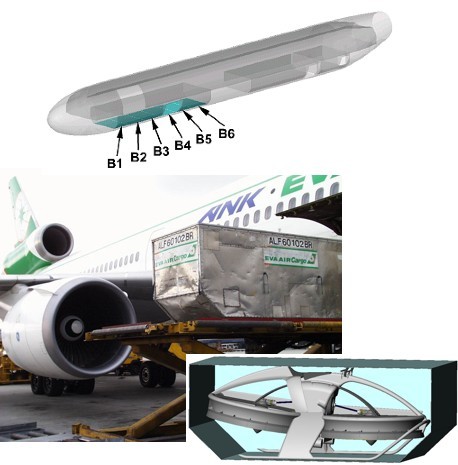This is a great resource for those that own PMSC’s, or are looking to start one up. If you want to operate internationally, you need to know the laws and regulations pertaining to running your business in these parts of the world.
For a great interview with the founders of the Private Security Monitor, go to Maritime Security Review’s post. Here is a snippet.
1) What was the driving force for developing the Private Security Monitor web portal and what are the Centre’s principal objectives?
The idea for the Private Security Monitor grew out of a 2011 workshop I hosted at University of California Irvine, part of an on-going collaboration with the Geneva Centre for the Democratic Control of Armed Forces (DCAF). At this workshop, participants from governments, international organizations, civil society groups, and industry focused enhancing transparency around private military and security services. Participants seized upon the idea of building a centralized, online information portal specific to these services and agreed that academic institutions were well-poised to undertake this project. When I was offered a position directing the Sié Chéou-Kang Center for International Security and Diplomacy at University of Denver’s Korbel School, this became our first major project.
We launched the “Private Security Monitor” publicly in August. The web portal, located at psm.du.edu, provides an annotated guide to regulation, data and analysis of private military and security services. It is a one-stop source for public information on the worldwide use of these services and thus a resource for governments, policy-makers, activists, journalists, and researchers.
And this portion tells what is available to readers.
6) What are the principal benefits for MSR readers and how would you suggest that they use the portal?
There are many useful documents for maritime security providers on the Private Security Monitor site. There is a dedicated IMO section with links to all IMO guidance; a list of leading industry associations and links to industry association reports on the use of privately armed guards aboard ships; organized by country, regulations relevant to the use of private armed guards and carriage of armaments aboard ships; and standards related to the hiring, vetting and training of private security service providers.
Users can scroll through the site to learn about the variety of regulations and regulatory efforts contained therein. They could also search documents according to issue area, document type, geographical area, year or keyword. There is a quick search tab on each substantive page and a more comprehensive search page that can be accessed from the top navigation bar.
Pretty cool and I will keep a link to the PSM over in the links to the right of this blog. –Matt
About the Private Security Monitor Project
The Private Security Monitor is an independent research project dedicated to promoting knowledge of and transparency in global private military and security services. The Private Security Monitor’s web portal provides an annotated guide to regulation, data and analysis of private military and security services. It is a one-stop source for public information on the worldwide use of these services and thus a resource for governments, policy-makers, activists, journalists, and researchers.
Housed and maintained at the Sié Chéou-Kang Center for International Security and Diplomacy at the University of Denver’s Josef Korbel School of International Studies, the Private Security Monitor operates in partnership with the Geneva-based Center for the Democratic Control of Armed Forces (DCAF).
BACKGROUND and FUTURE DEVELOPMENTS
The idea for the Private Security Monitor grew out of a 2011 workshop at the University of California, Irvine co-sponsored by UCI’s International Studies Program, DCAF, and the Center for Security, Economics and Technology (CSET) at the University of St. Gallen. At this workshop, participants from governments, international organizations, civil society groups, and industry agreed that lack of transparency was an important problem for the governance of private military and security services and that academic institutions could best contribute to information sharing, research and analysis. Thus the workshop’s first recommendation was for an academic-based project to serve as a one-stop source for information about private military and security services.
(more…)

